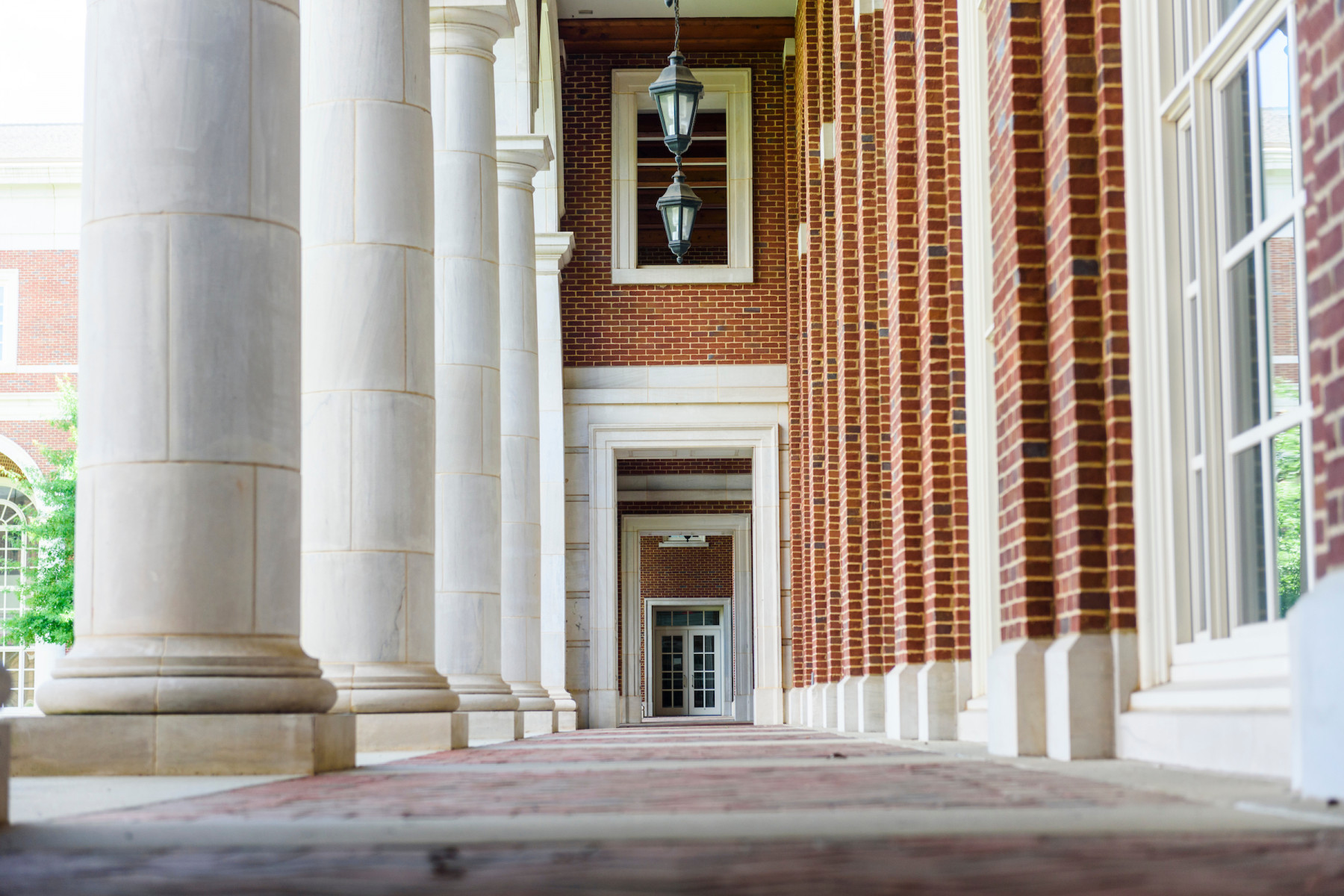
The Alabama Space Grant Consortium has awarded four undergraduate scholarships and two graduate fellowships to students in The University of Alabama College of Engineering.
The four undergraduate recipients are Rianna Cassibry, a junior in mechanical engineering from Huntsville; Sophia Kyemba, a senior in computer science from Huntsville; Benjamin Light, a senior in aerospace engineering from New Baltimore, Michigan; and Daniel Stadter, a junior in aerospace engineering from Roswell, Georgia.
The two fellowship recipients are Adam Hallmark, a graduate student in the Department of Aerospace Engineering & Mechanics from Nashville, Tennessee, and Andrew Jordan, a graduate student in the Department of Metallurgical and Materials Engineering from Houston, Texas.
According to The University of Alabama in Huntsville, the consortium was formed with a mission to inspire the next generation of space explorers in 1989 when NASA implemented the National Space Grant College and Fellowship Program. Each scholarship recipient is awarded $1,500, and each fellowship winner receives $37,000.
Hallmark earned the fellowship for his dissertation titled “Efficient Control of Autonomous Aerospace Vehicles Based on Koopman Operator Theory.” Under the guidance of Dr. Pan Zhao, assistant professor in the Department of Aerospace Engineering & Mechanics, Hallmark focuses on analyzing and controlling complex aerospace vehicles using methods within linear systems.
“Being selected as an Alabama Space Grant Consortium fellow means that there are at least a few experienced researchers and professionals who believe that I can be successful in my research, based on my academic record and my research proposal,” Hallmark said.
Hallmark is eager to continue his research with the support of the fellowship.
“I hope to learn from the researchers at NASA Langley Research Center during the extramural experience of the fellowship,” Hallmark said. “I look forward to the opportunity to ask them questions and see what they do daily, as well as get their insights about my own work.”
Jordan was selected for the fellowship for his dissertation titled “Development of Hot Cracking Susceptibility Index for Powder Bed Fusion Additive Manufacturing of Alloys.” His research, which he conducts under the supervision of Dr. Qiaofu Zhang, assistant professor in the Department of Metallurgical and Materials Engineering, involves developing a predictive model to assess hot cracking in metal alloys during powder bed fusion additive manufacturing.
“Being selected as an Alabama Space Grant Consortium fellow is a great honor and a blessing, reflecting recognition from a prestigious organization committed to advancing space and STEM research,” Jordan said. “This fellowship is a unique opportunity to collaborate with researchers and experts, further guiding my professional development and enabling impactful contributions to aerospace and STEM initiatives.”
Jordan is excited about this unique opportunity, as it supports his ambition to advance scientific understanding within metallurgical and materials engineering.
“I look forward to working with additive manufacturing experts at the NASA Marshall Space Flight Center to improve the quality and applicability of my research to both the interests of NASA and industry,” Jordan said. “I aim to gain experience in data analysis, machine learning, thermodynamic simulations, laser powder bed fusion, electron microscopy and communication.”
All scholars and fellows will be honored at a NASA Alabama Space Grant Consortium convocation this fall.